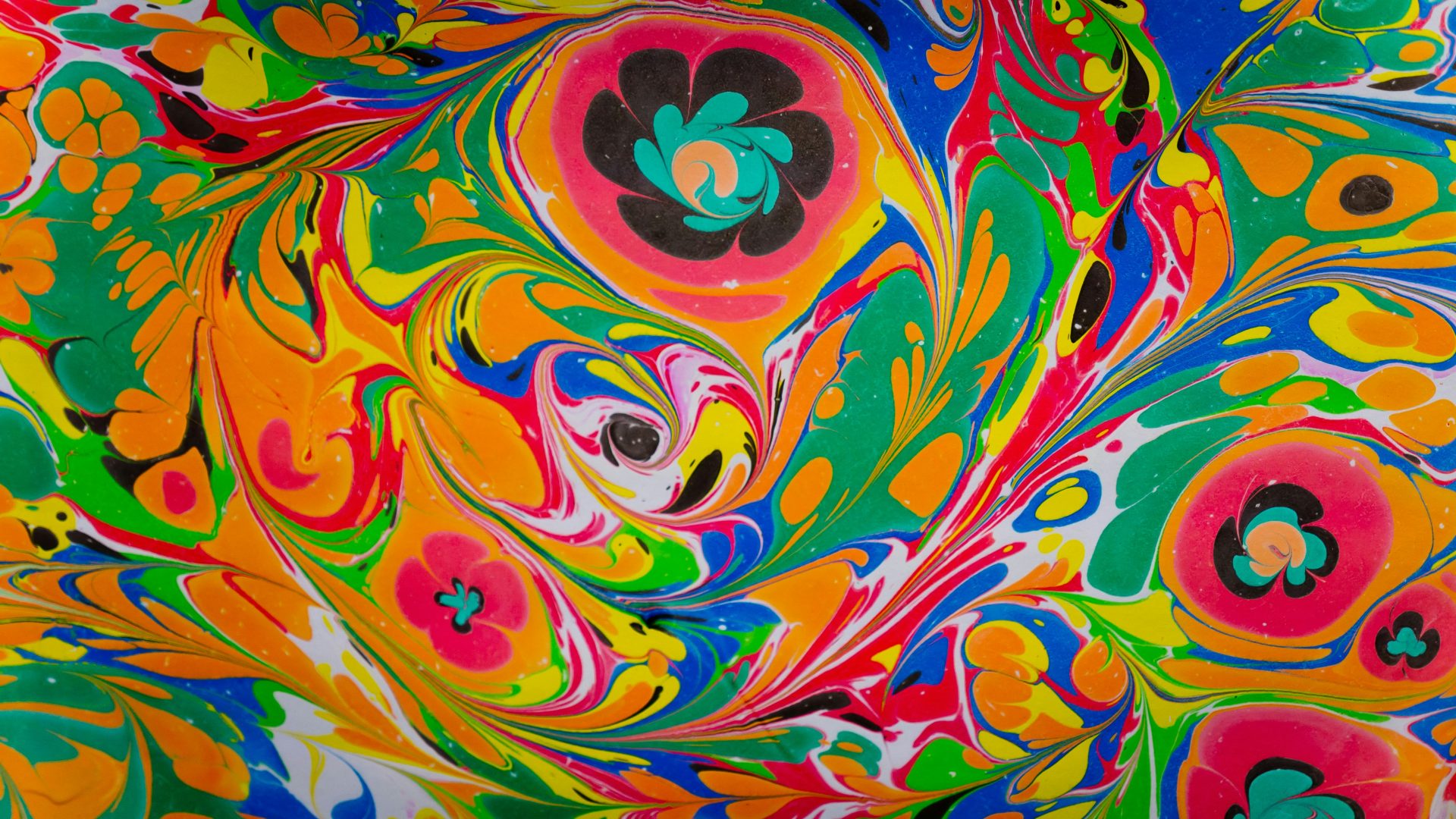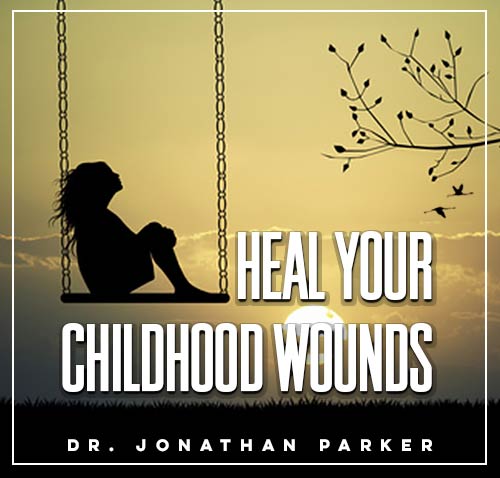Resolving Childhood Wounds

Before diving in, please note: This post is for informational purposes only. If you’d like to know more about how we approach topics, feel free to check out our friendly Disclaimer Page.
Hey there, amazing readers! 🖐️ Just a quick note: yes, we know there are a lot of ads here. Trust us, we get it—it’s not the prettiest look, but they help us keep this blog alive and kicking. Those pesky little ads cover the costs of all the behind-the-scenes magic, from hosting and tech stuff to creating content we hope you’ll love.
We’re committed to delivering quality posts, and your support (even just sticking around despite the ads) means everything to us. So, bear with us, and thanks for helping us keep the good vibes rolling. Now, on to the fun stuff! 😉
TRANSLATE BUTTON AT THE END OF THE ARTICLE
Understanding Childhood Wounds
Childhood wounds are emotional scars that individuals carry from experiences during their formative years.
These wounds can stem from various sources such as abuse, neglect, dysfunctional family dynamics, or traumatic events.
They can impact a person’s self-esteem, relationships, and overall well-being.
Understanding childhood wounds involves recognizing how these early experiences have shaped one’s beliefs, behaviors, and emotions in adulthood.
It’s crucial to acknowledge that these wounds may not always be visible but can deeply influence one’s thoughts and actions.
Impact of Childhood Trauma
Childhood trauma can have a profound impact on an individual’s mental and emotional health.
Traumatic experiences during childhood can lead to the development of conditions such as anxiety, depression, post-traumatic stress disorder (PTSD), and even personality disorders.
These unresolved issues can manifest in various ways, including difficulties in forming healthy relationships, low self-esteem, and self-destructive behaviors.
The effects of childhood trauma can be long-lasting and may require professional intervention to address effectively.
Recognizing Unresolved Issues
Recognizing unresolved childhood wounds is the first step towards healing and growth.
Symptoms of unresolved childhood issues may include persistent feelings of shame, guilt, anger, or anxiety.
Individuals may also struggle with setting boundaries, trusting others, or managing their emotions effectively.
It’s essential to pay attention to these signs and reflect on how past experiences may be influencing present behavior.
Self-awareness is key to identifying and addressing unresolved issues from childhood.
Healing Childhood Wounds
Healing childhood wounds is a complex and often challenging process that requires self-reflection, patience, and compassion.
It involves acknowledging the pain and trauma from the past while actively working towards healing and growth.
Various therapeutic approaches such as cognitive-behavioral therapy (CBT), trauma-focused therapy, and somatic experiencing can be beneficial in addressing childhood wounds.
Additionally, practices like journaling, mindfulness, and creative expression can aid in the healing process by allowing individuals to explore and process their emotions in a safe space.
Seeking Professional Help
Seeking professional help is crucial for individuals looking to heal from childhood wounds.
A qualified therapist or counselor can provide support, guidance, and a safe environment for exploring past traumas and working through unresolved issues.
Therapy sessions can help individuals gain insight into their thoughts and behaviors, develop coping strategies, and learn healthy ways of processing emotions.
It’s important to find a therapist who specializes in trauma and has experience working with individuals who have experienced childhood wounds.
Importance of Self-Care
Self-care plays a vital role in healing childhood wounds and promoting overall well-being.
Practicing self-care involves prioritizing one’s physical, emotional, and mental health through activities that nourish the body and soul.
This can include getting enough rest, engaging in regular exercise, eating nutritious foods, spending time in nature, and engaging in hobbies or activities that bring joy.
Self-care is essential for managing stress, reducing anxiety, and building resilience in the face of past trauma.
Building Healthy Relationships
Building healthy relationships is crucial for individuals looking to heal from childhood wounds.
Healthy relationships provide support, understanding, and a sense of belonging that can aid in the healing process.
It’s essential to surround oneself with people who are supportive, empathetic, and respectful of boundaries.
Developing strong connections with others can help individuals feel valued, understood, and accepted, which is essential for healing emotional wounds from the past.
Embracing Vulnerability
Embracing vulnerability is a key aspect of healing childhood wounds.
Discover "SUPERFOODS: The Key to Health and Balance🥗" 🌿🌺
Being vulnerable involves allowing oneself to be open, authentic, and honest about one’s thoughts, feelings, and experiences.
It requires courage and self-compassion to share one’s innermost struggles and fears with others.
By embracing vulnerability, individuals can break down emotional barriers, build trust in relationships, and foster deeper connections with others.
Vulnerability is a powerful tool for healing and growth.
Practicing Forgiveness
Practicing forgiveness is essential for individuals seeking to heal from childhood wounds.
Forgiveness involves letting go of resentment, anger, and bitterness towards those who have caused pain or harm in the past.
It’s not about excusing or condoning harmful behavior but rather releasing the emotional burden that comes with holding onto past grievances.
Forgiveness can be a liberating experience that allows individuals to move forward with a sense of peace, closure, and emotional freedom.
Letting Go of the Past
Letting go of the past is a fundamental step in the healing process for individuals with childhood wounds.
It involves releasing attachments to past traumas, regrets, and negative beliefs that no longer serve a purpose in one’s life.
Letting go allows individuals to create space for new experiences, growth, and transformation.
It’s about accepting the past as it is, learning from it, and moving forward with gratitude and resilience.
Letting go of the past is a powerful act of self-love and healing.
Developing Coping Strategies
Developing coping strategies is essential for individuals navigating the challenges of healing childhood wounds.
Coping strategies are healthy ways of managing stress, anxiety, and emotional triggers that may arise from past trauma.
This can include practices such as deep breathing, mindfulness, meditation, and grounding techniques.
Developing coping strategies empowers individuals to regulate their emotions, reduce feelings of distress, and build resilience in the face of adversity.
It’s important to explore different coping mechanisms and find what works best for individual needs.
Moving Forward with Resilience
Moving forward with resilience is the ultimate goal for individuals healing from childhood wounds.
Resilience is the ability to bounce back from adversity, overcome challenges, and thrive in the face of hardship.
It involves cultivating inner strength, self-awareness, and a positive mindset that enables individuals to navigate life’s ups and downs with grace and courage.
Building resilience requires perseverance, self-compassion, and a willingness to learn and grow from past experiences.
By embracing resilience, individuals can rise above their childhood wounds and create a future filled with hope, healing, and possibility.
Conclusion
Healing childhood wounds is a transformative journey that requires courage, self-awareness, and a commitment to growth.
By understanding the impact of childhood trauma, recognizing unresolved issues, seeking professional help, and practicing self-care, individuals can begin the process of healing and reclaiming their lives.
Building healthy relationships, embracing vulnerability, and practicing forgiveness are essential steps towards healing emotional wounds from the past.
Letting go of the past, developing coping strategies, and moving forward with resilience are key components of the healing process.
With dedication, perseverance, and support, individuals can heal from childhood wounds and create a future filled with healing, hope, and resilience.

The Enlightenment Journey is a remarkable collection of writings authored by a distinguished group of experts in the fields of spirituality, new age, and esoteric knowledge.
This anthology features a diverse assembly of well-experienced authors who bring their profound insights and credible perspectives to the forefront.
Each contributor possesses a wealth of knowledge and wisdom, making them authorities in their respective domains.
Together, they offer readers a transformative journey into the realms of spiritual growth, self-discovery, and esoteric enlightenment.
The Enlightenment Journey is a testament to the collective expertise of these luminaries, providing readers with a rich tapestry of ideas and information to illuminate their spiritual path.
Our Diverse Expertise 🌟
While our primary focus is on spirituality and esotericism, we are equally passionate about exploring a wide range of other topics and niches 🌍📚. Our experienced team is dedicated to delivering high-quality, informative content across various subjects ✨.
To ensure we provide the most accurate and valuable insights, we collaborate with trusted experts in their respective domains 🧑🏫👩🏫. This allows us to offer well-rounded perspectives and knowledge to our readers.
Our blog originally focused on spirituality and metaphysics, but we’ve since expanded to cover a wide range of niches. Don’t worry—we continue to publish a lot of articles on spirituality! Frequently visit our blog to explore our diverse content and stay tuned for more insightful reads.








